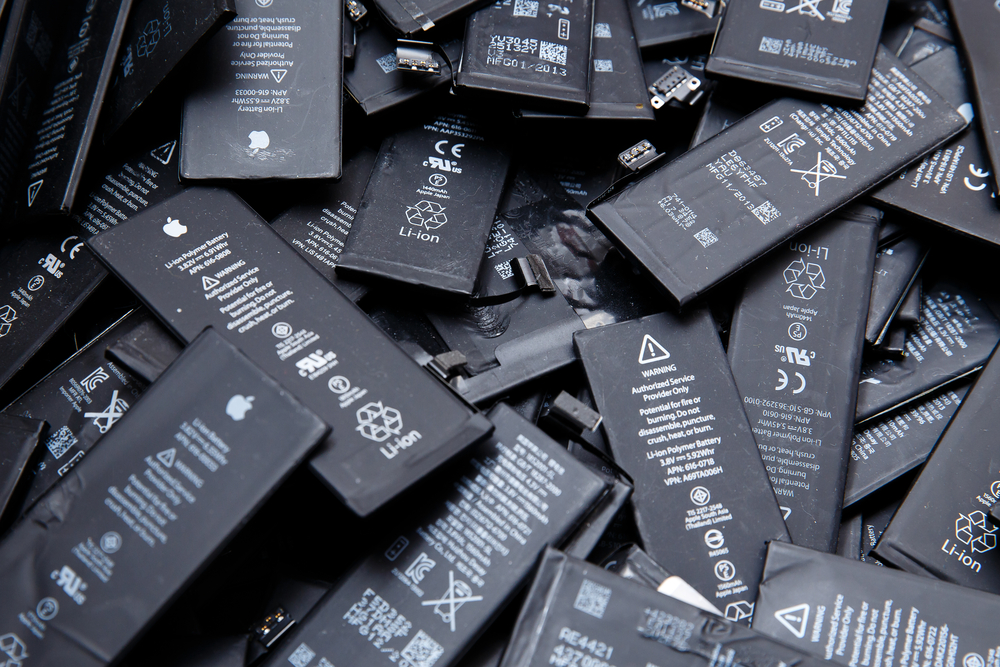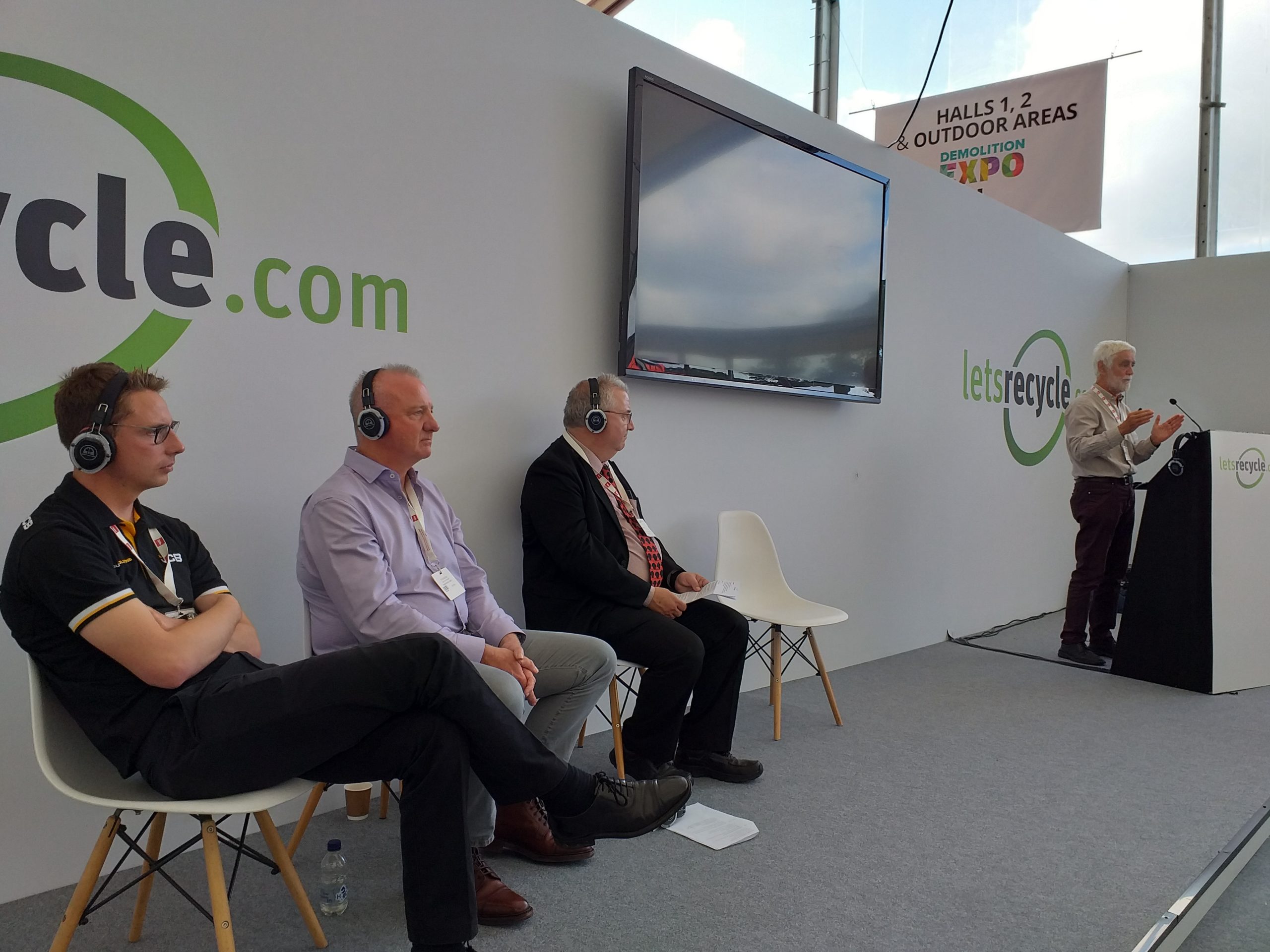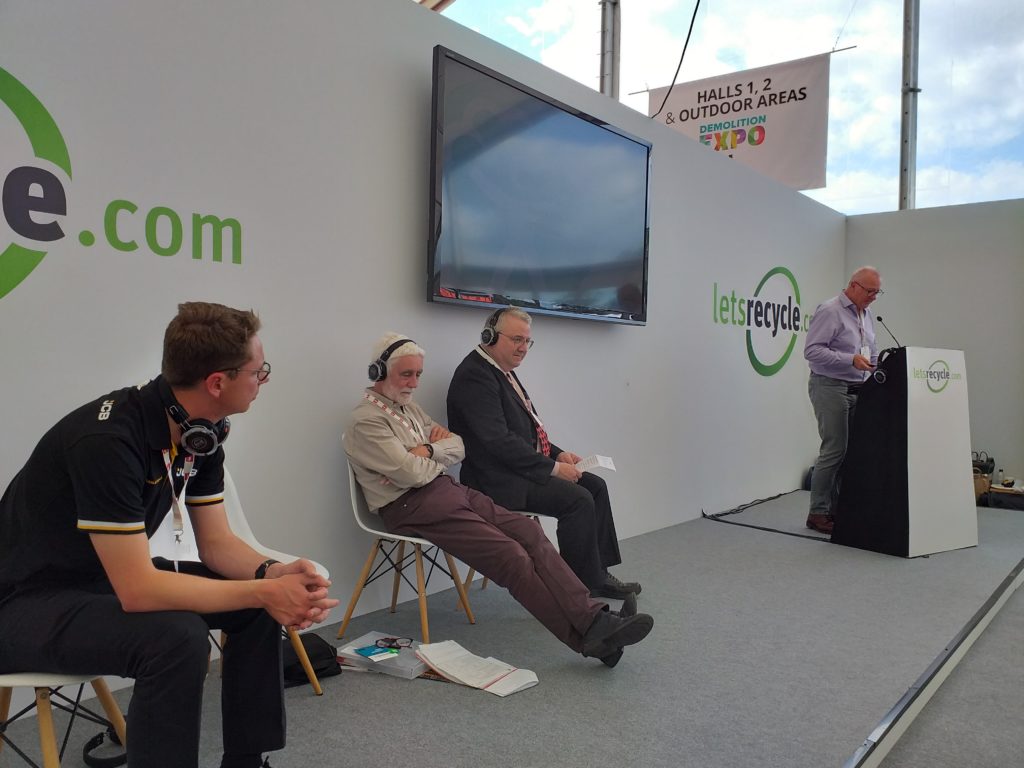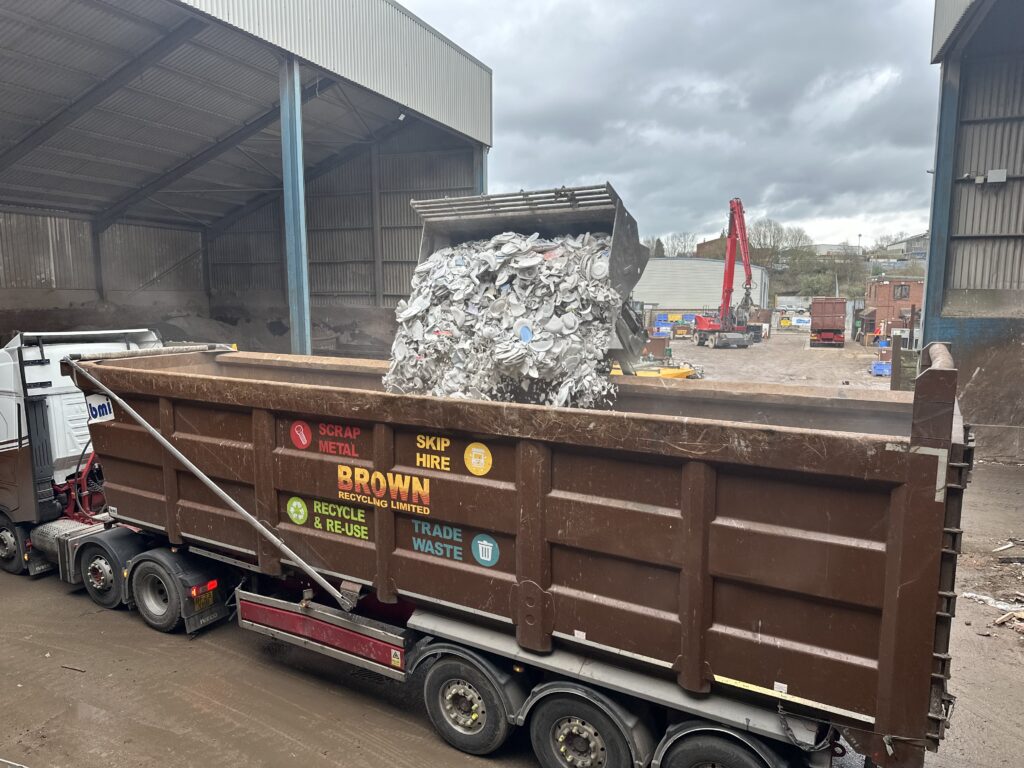The senior adviser, Peter Buckley, spoke on 16 September during the Letsrecycle Live event at Stoneleigh Park, Coventry at a session on tackling practical issues on waste sites.
The Environment Agency revised its FPP guidance, which applies to anyone storing combustible waste, in January 2021. The most significant changes applied to requirements for alternative measures and those handling batteries, persistent organic pollutants (POPs) and end-of-life vehicles (ELVs).
Mr Buckley told the conference: “Industry and permitting officers were struggling with certain aspects of the guidance, and it was hoped this would provide clarity.”
Mr Buckley said there had been a “steady decline” in fires in the waste sector during the last five years, though there remained between 250 and 300 a year.
“I would like have liked the number to fall quicker, but we haven’t been able to achieve that yet,” he said.
Fires are “prolific” in the waste management sector generally, Mr Buckley said, but they are most apparent at metals and ELV sites, often stemming from poor practices and issues related to lithium-ion (Li-ion) batteries. However, the fires are mostly minor incidents, classified as Category 3 or 4, he said.
FPPs
Mr Buckley said site operators should show their FPP, which should be kept under review, to the fire service once they arrived at an incident.
New applications for or significant variations to permits require an FPP, Mr Buckley said. The Environment Agency looks for three aims when assessing an FPP to decide whether to approve a permit. These are:
- To minimise the risk of a fire happening
- To aim to extinguish a fire within four hours
- To stop the spread of a fire within the site and any neighbouring sites
Mr Buckley told the conference that the Agency had been struggling to get through the permitting queue “as quickly as we’d like” due to the challenges of the Covid-19 pandemic. To speed up the process, he said, the Agency employed 50 new officers over the last 12 months and appointed a specialist team of four to deal specifically with the backlog of waste operation permits in the next six to 12 months.
Revisions
While the requirements are strict, Mr Buckley said sites were now able to provide alternative measures that suited their needs, as long as they were able to prove their efficacy through a demonstration. Mr Buckley emphasised that this did not mean starting a fire on site for Environment Agency officers.

Mr Buckley said the guidance now stated that POPs waste must be segregated from non-POPs waste, otherwise it would all be considered POPs. As POPs require special treatment from the fire service, they should be alerted to their presence in a waste fire once they arrive.
Li-ion batteries must be stored in a waterproof sand-filled container six metres away from buildings and other combustible material, Mr Buckley said.
Enforcement action
Also speaking at the session was Matthew Lee, a health and safety consultant at OSHC Ltd and former inspector at the Health and Safety Executive (HSE) for 36 years. He explained the model by which the HSE decided to take enforcement action against a company where there been a workplace accident.

Mr Lee said the HSE looked at the consequence of any incident first, which effectively means the severity of any action.
Then, the HSE looks at the likelihood or risk of an incident happening, and whether the compliance standard. To judge how far below an operator fell below a compliance standard, the HSE classifies an incident either extreme, substantial, moderate, or nominal.
Mr Buckley said the HSE also looks at a company’s “relevant history”, inspection history and compliance history when deciding on the level of punishment. It also assesses whether it would be in the public interest to prosecute, whether vulnerable groups such as the disabled were affected, and the long-term impact and effect on a duty holder.
“A bad company gets prosecuted, a good company gets a letter,” he said.
Mr Buckley told site operators to prepare for a visit from an HSE inspector after a material breach, because their company would be charged £160 an hour while they were there.
Alternatives to red diesel
The third speaker at the session was Joe Hilton, sales specialist at JCB, who spoke about the research his company was doing into alternatives to red diesel.
Mr Hilton said JCB already had a range of electrified machines on the market, many of which were designed for low hours and low usage, including four vehicles launched in the last 12 months.
He also said JCB was extensively researching hydrogen alternatives. While the company has produced several prototype machines, none of these are yet in production.












Subscribe for free